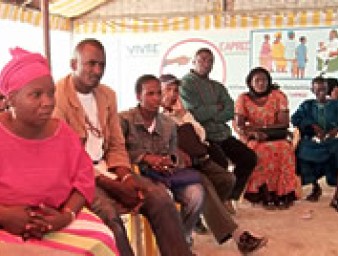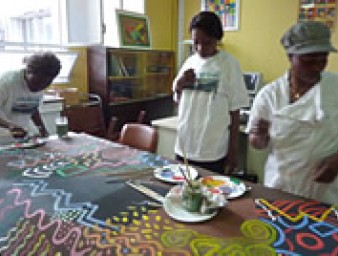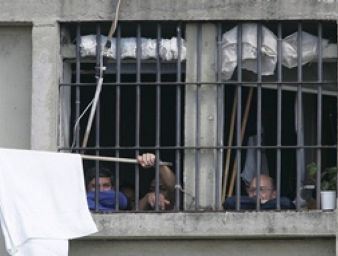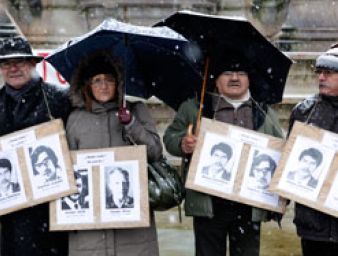Immediate action needed to address conditions of detention in Latin America
22 February 2012
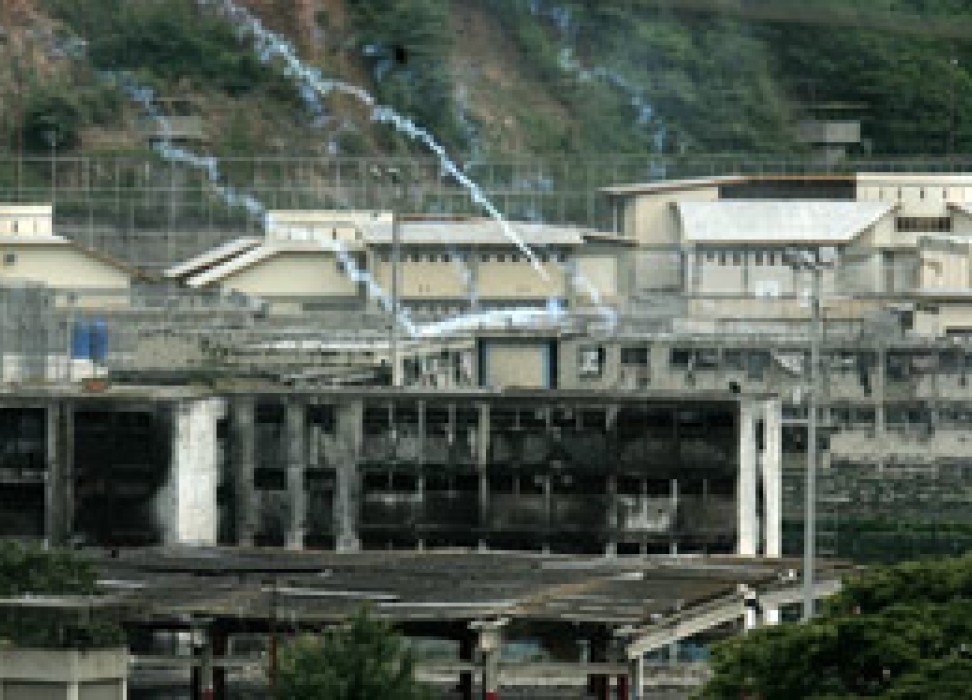
Violence and tragic loss of life is not uncommon in Latin American detention facilities. In the last week of January alone, seven inmates died in separate incidents, in Argentina (2), in Chile (1), Venezuela (2), and Uruguay (2). In early February, an outbreak of Hanta virus – a form of hemorrhagic fever spread by rodents – killed two inmates and affected several others in a prison in Chile. In the most serious incident in recent years, on 15 February, more than 350 detainees perished in a fire in a prison in Honduras and days later more than 40 were killed in an outbreak of gang warfare in a Mexican prison.
According to authorities, the violence in a prison in Mexico’s Nuevo León State, left 44 detainees dead and was the result of fighting between two criminal groups which was not brought under control for several hours. A further 26 detainees, most accused of grave crimes also escaped during the chaos.
Overcrowding is endemic in Latin American prisons. The Comayagua prison in Honduras, built for 250 detainees was reportedly holding more than 800 when the fire broke out. As many as 3,000 inmates were being held in the detention centre in Mexico at the time of the riot, although it was designed for half that number.
The UN Human Rights Office (OHCHR) has expressed its full support for the investigation announced by the Honduran Government and is urging a thorough and independent enquiry into the circumstances of the riot and killings in Mexico.
Citing a range of structural problems in prisons in Latin America, including chronic overcrowding, lack of access to basic sanitary and hygiene standards, torture and ill-treatment, corruption and acquiescence of prison officials and high levels of violence, OHCHR says the conditions in many prisons amount to violations of international obligations to meet minimum human rights standards, including the right to life, integrity and humane treatment for all persons deprived of liberty.
OHCHR has drawn attention to the many reports from the expert human rights bodies and individual mandate holders which have criticized prison conditions across the region and says Governments must act on the recommendations made in these reports to prevent further tragedies.
Detainees have recently died in violent incidents in prisons in several other countries in the region.
In calling for immediate investigations into the recent deaths of detainees in South America, Amerigo Incalcaterra, Regional Representative for South America of the UN Human Rights Office pointed out: “The poor conditions of detention, the major cause of this violence, are exacerbated by judicial delays and excessive resort to pre-trial detention.”
In addition to the deaths of the eight prisoners, the Regional Representative was alarmed by the release of a video showing a handcuffed female prisoner who had just given birth in Brazil, in clear contravention of international human rights standards. The 32-year-old woman had been held in preventive detention since November on charges of shoplifting dolls in Sao Paulo.
States have an obligation to ensure that conditions of detention are compatible with the prohibition of torture and cruel, inhuman or degrading treatment or punishment, Incalcaterra said. All prisoners have the right to be treated with humanity and with respect for the inherent dignity of the human person, as recognized by international human rights instruments, he said.
Referring to the UN Human Rights Committee’s guidelines on the treatment of persons deprived of their liberty, Incalcaterra noted that “humane treatment is a basic standard of universal application which cannot depend entirely on material resources, and which must be applied without discrimination.” The Judiciary should take some responsibility for the conditions and treatment of those they order to remain in pre-trial detention or sentence to terms of imprisonment, he added.
The Optional Protocol to the UN Convention against Torture holds a significant record of ratifications in Latin America, however, the establishment of independent national monitoring and torture prevention mechanisms is pending in most countries.
22 February 2012
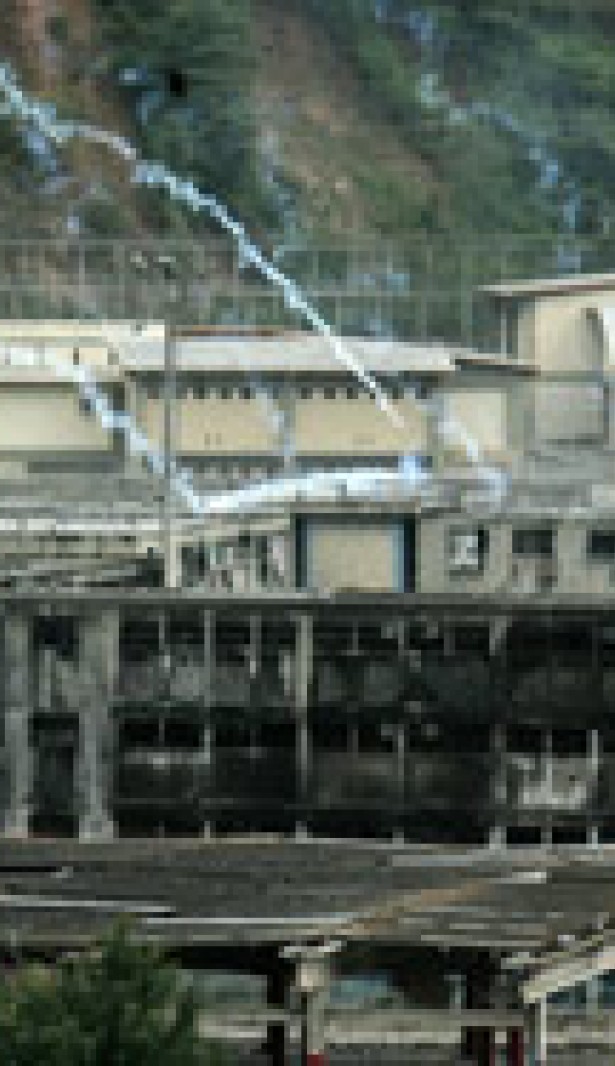
VIEW THIS PAGE IN:
